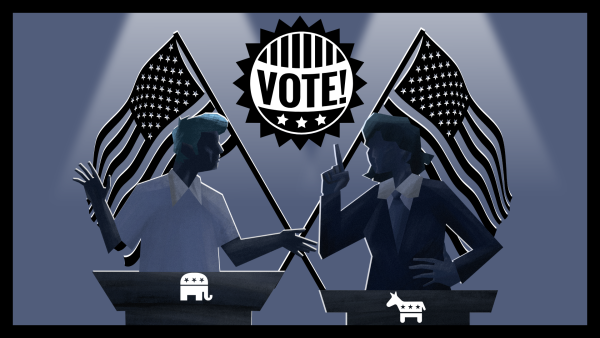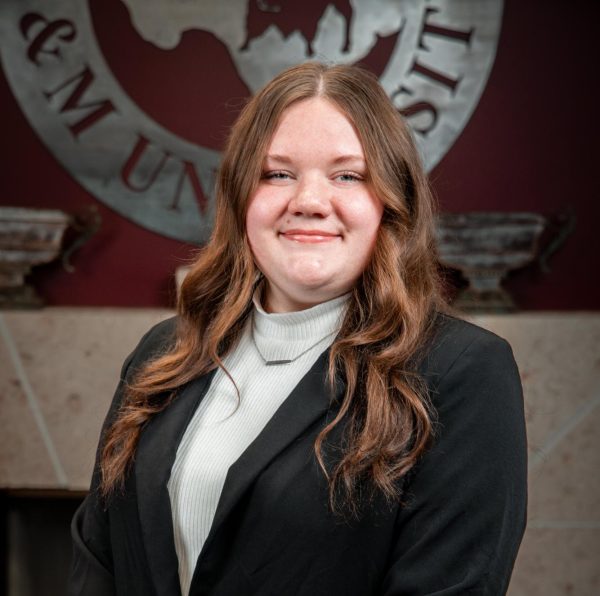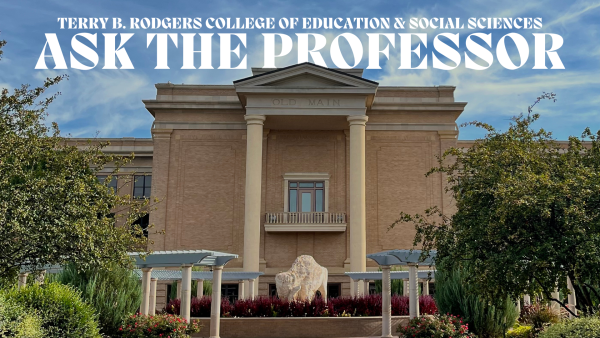A limit to books is a threat to humanity
2022 has seen a large increase in the number of book bannings in public libraries and schools in Texas, more than in any other state in the country. Canyon ISD and Amarillo ISD groups are being impacted by these attempts to limit the literature that students are reading.
Book bannings have not been a new occurrence in history. However, the increased amount and renewed urgency from citizens is new. Randall High School’s librarian, Rachel Huddleston, has been documenting the changes on her personal social media pages to showcase to parents, students, and others what book bannings look like in the community.
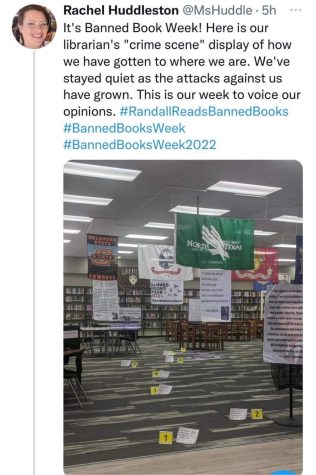
I spoke with the Assistant Professor of Philosophy, Dr. Laura Mueller, about what book bannings actually entail for society and the community.
“[School-aged kids] need this kind of knowledge to know how to make choices and when we take that knowledge away from them, we’re limiting them, we’re in fact hurting them under the guise of protecting them,” Mueller said.
These book bannings include books that discuss controversial topics that parents, and taxpayers, find as personally reprehensible and not fit for a conversation at school. The argument that parents are bringing up at school board meetings and events around the banning of books is that the conversations that take place in the books are meant to be had at home, not in a school.
“The problem is never the opinion, the problem is the way the opinion is expressed,” Mueller said. “The fact that these book bannings in the United States are happening, the problem isn’t necessarily that people think books should be banned. The problem is that they’re expressing that opinion in a way that is very harmful to others.”
When a parent, or distraught taxpayer, attends a school board meeting they are stating that there is a topic that is not fit to be had in the classroom, without the approval of a parent. Such topics include sexuality, gender, race, religion, political beliefs and others. Topics bring forward a perspective that parents, or taxpayers, find as not fitting for their tax dollars.
“We have to start looking at what we might consider being ridiculous, exaggerated, so far-flung that it can’t possibly be happening, or it’s only happening in this really weird spot,” Mueller said. “Well, the really isolated spots are usually where the stuff happens first, because no one’s paying attention.”
Canyon, Texas is not a centrally located spot on the global stage, the U.S. or even Texas. However, the bannings that are occurring here in the community are a sign of what’s to come for the rest of the country. The most isolated communities are often the first to see the changes in society, rather than the large communities of New York City or Los Angeles.
“Immanuel Kant says that we have to respect humans as persons, not just as things,” Mueller said. “When we are destroying this kind of knowledge, we’re actually destroying other people’s abilities to create ends for themselves, we’re taking away those options that they have. We’re making sure that they are not enlightened enough to do anything other than what custom expects them to do.”
Even though the books are being banned under the guidance of protecting children, what they are doing is harming the future children that will not be exposed to the viewpoints of those that are not seen as welcome in this community. Perspectives from a queer person, Black person or poor person are seen as outside of the cultural norm and are being removed from the conversations had in schools.
“One of the many problems with any kind of censorship is that not only does it allow those who are doing the censoring, to assume that they’re the only ones who have the truth, but it also destroys our ability to find the truth,” Mueller said. “Even if the dominant perception has a truthiness to it, it’s very rare that it’s going to be the whole truth and this is why diversity of opinions matters so much.”
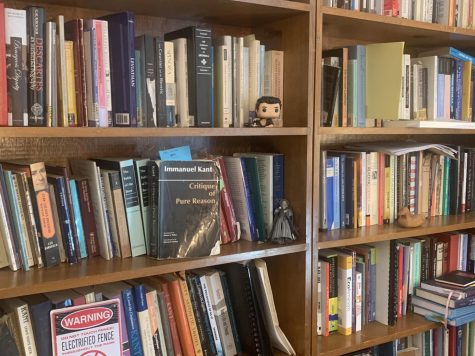
The different ideas brought forward by literature that is deemed by a community as unacceptable are actually more important to be visible. When a group comes together to censor the ideas brought forward that challenges the accepted norm, they already encounter a barrier to being heard. Making that barrier stronger and more impenetrable is what censorship accomplishes.
“You hear a lot of people say, ‘my children shouldn’t be reading this because it’s up to me to teach them morality. It’s not up to the school to teach them values, the school can teach them math and science, but I can teach them values’,” Mueller said. “One of the things that critical pedagogy looks at is that all of the facts we teach are also values that we hold or they’re based, I should say, they’re based on values that we hold.”
Book Banning seeks to limit the influences that someone else has on the development of children’s beliefs and education. To view the lessons that are taught to kids through one lens, right or wrong, is an incredibly limited perspective. Mueller, and philosophers, believe that every aspect of life is interconnected and intertwined. You can not take out the morality of biology and expect kids to understand the complex issue of biology.
“There’s a very thin line between a society that progresses towards whatever ‘better’ is and a society that reaches its downfall,” Mueller said. “If you want a society that’s going to reach its downfall, you start banning knowledge.”






